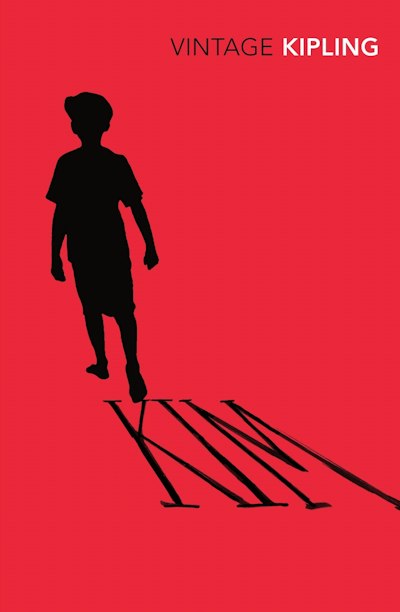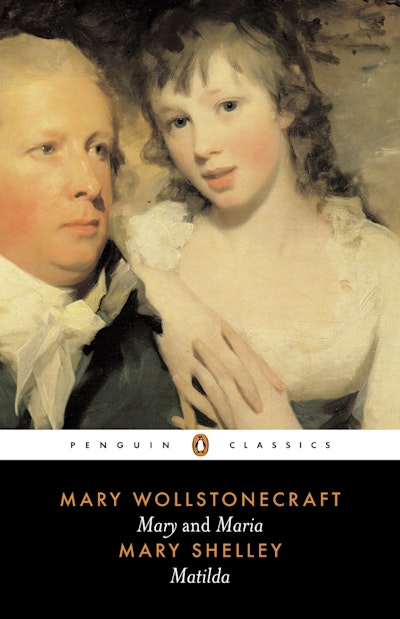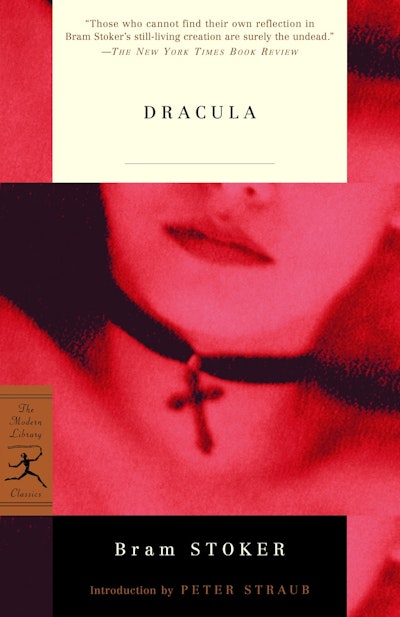- Published: 5 May 2003
- ISBN: 9780140449242
- Imprint: Penguin Classics
- Format: Paperback
- Pages: 1056
- RRP: $17.99
The Brothers Karamazov
Fyodor Dostoyevsky's powerful meditation on faith, meaning and morality, The Brothers Karamazov is translated with an introduction and notes by David McDuff in Penguin Classics.
When brutal landowner Fyodor Karamazov is murdered, the lives of his sons are changed irrevocably: Mitya, the sensualist, whose bitter rivalry with his father immediately places him under suspicion for parricide; Ivan, the intellectual, whose mental tortures drive him to breakdown; the spiritual Alyosha, who tries to heal the family's rifts; and the shadowy figure of their bastard half-brother Smerdyakov. As the ensuing investigation and trial reveal the true identity of the murderer, Dostoyevsky's dark masterpiece evokes a world where the lines between innocence and corruption, good and evil, blur and everyone's faith in humanity is tested.
- Published: 5 May 2003
- ISBN: 9780140449242
- Imprint: Penguin Classics
- Format: Paperback
- Pages: 1056
- RRP: $17.99
Other books in the series
About the author
Fyodor Mikhailovich Dostoyevsky was born in Moscow in 1821. His debut, the epistolary novella Poor Folk (1846), made his name. In 1849 he was arrested for involvement with the politically subversive 'Petrashevsky circle' and until 1854 he lived in a convict prison in Omsk, Siberia. From this experience came The House of the Dead (1860-2). In 1860 he began the journal Vremya (Time). Already married, he fell in love with one of his contributors, Appollinaria Suslova, eighteen years his junior, and developed a ruinous passion for roulette. After the death of his first wife, Maria, in 1864, Dostoyevsky completed Notes from Underground and began work towards Crime and Punishment (1866). The major novels of his late period are The Idiot (1868), Demons (1871-2) and The Brothers Karamazov (1879-80). He died in 1881.































































































































































































































































































































































































































































































































































































































































































































































































































